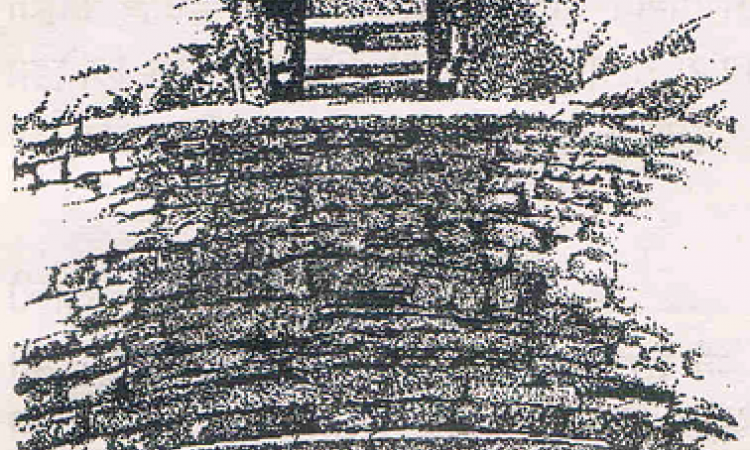
Motivated by Anupam Mishra's 'Aaj Bhi Khare Hain Tallab', this book describes the history of the ponds in Vidisha, Madhya Pradesh including details on how these ponds were established and what caused their untimely deaths. Anil Yadav takes us down this path, weaving together myths and lost legends with intricate details of the ponds' construction and economics.
One of the stories of a 'talaab' in Badoh tells how a shepherd, who came into a lot of wealth, built a pond which unfortunately would not hold even a drop of water. It would fill up with water but then, the water would completely disappear. So the shepherd then sacrificed his only son, his 2 daughters and daughter in law and since then the pond began to brim with water!
In Pathari, with the onset of the first rains, a drum beater would announce 'Khulak Khuda Ka, Mulak Bashaka', meaning 'The world belongs to God, and the land to the king'. The next day, every family would send a member to help clear the numerous water channels that flowed into the village pond. The community participated in the yearly maintainance of these channels, ensuring that their ponds had crystal clear water for their needs. Today the same place overflows with garbage and dirt.
Another lost lesson from Hyderabad speaks volumes of the ingenuity of our forefathers. The fort 'Hydergarh' was built high on a hill, with no easy provision of water. To ensure a regular water supply a 'Motiya' pond was built in the foothill jungles. A 5-foot canal locally called 'Mori', carried the water to the main door of the fort, covering a 2 mile distance through the forest. From there, the canal went underground for 100 feet and then opened into a 'kund' or water reservoir nearly 200 sqft in size, next to a small 'masjid' or prayer house. Even as the prayer house lies in ruins today, the water for the 'Nawab's family who moved down to the foothills of the fort comes from this 'kund'.
When will we learn from our past, and restore our water bodies to their former glory, as praised by Al-Biruni's, an 11 century traveller, in his travelogue 'Kitab al-Hind' - "When my people gaze at these ponds, we are wonder struck. Forget constructing them, I cannot bring myself to even describe these water bodies."